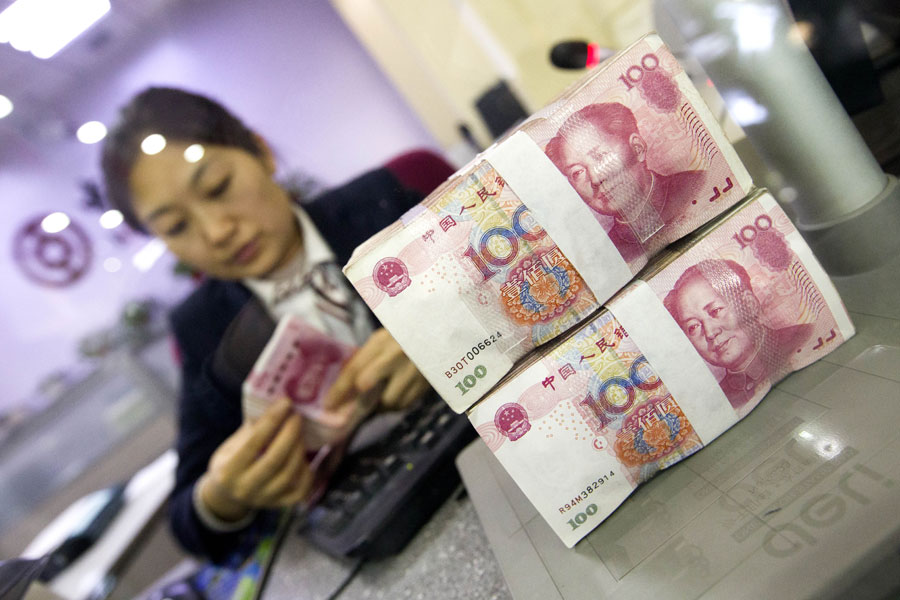Ministry plans steps to boost bond deals


The Ministry of Finance is trying to expand the pool of investors in local government bonds, as it seeks to tackle potential liquidity stress amid tightening financial regulation.
The ministry is planning to allow commercial banks to sell local government bonds over the counter to non-financial institutions and retail investors, according to a guideline highlighting the government's key measures in 2018 to manage bond issuance, published by the Ministry of Finance late on Tuesday.
Less than a year ago, investment in local government bonds was opened to domestic individual investors for the first time, and they could purchase the instrument through a trading system under the Shanghai Stock Exchange.
This year, all types of financial institutions, including commercial banks, securities and insurance companies, and individual investors, are being encouraged to invest in bonds issued by local governments, said the ministry.
Some "eligible" cities and provinces can issue bonds in pilot free trade zones, such as Shanghai, to attract foreign financial institutions involved in the bond underwriting process, according to the guideline.
Qiu Zhixin, a researcher at China Securities, said that by the end of 2017, commercial banks held 95.11 percent of local government bonds, while only 1.99 percent were held by insurance companies, and 1.03 percent by securities companies.
"The large amount of bonds held by commercial banks compared with the very small proportion held by non-banking financial institutions has tempered the vitality of bond trading in the secondary market," said Qiu.
The ministry's measures to enlarge the pool of investors could improve the liquidity of the bond market and prevent potential default risks when a large amount of local government bonds mature over the next three years, according to experts.
According to Shanghai-based financial information service provider Wind Info, 838.9 billion yuan ($131.66 billion) of local government bonds will expire this year, a figure which will increase to 1.32 trillion yuan by 2019, and more than 2 trillion yuan in 2020.
In addition, the ministry has clarified for the first time that bonds newly issued this year could be used to pay back the principle of expired debt, by a way of a "rollover", to reduce the financing costs of indebted local governments.
Zhang Ming, a researcher with the Chinese Academy of Social Sciences, said that along with the world's major economies' monetary policy normalization process, the overall level of interest rates is expected to rise, adding to the pressure of debt repayment especially for counties with higher financial leverage.




































